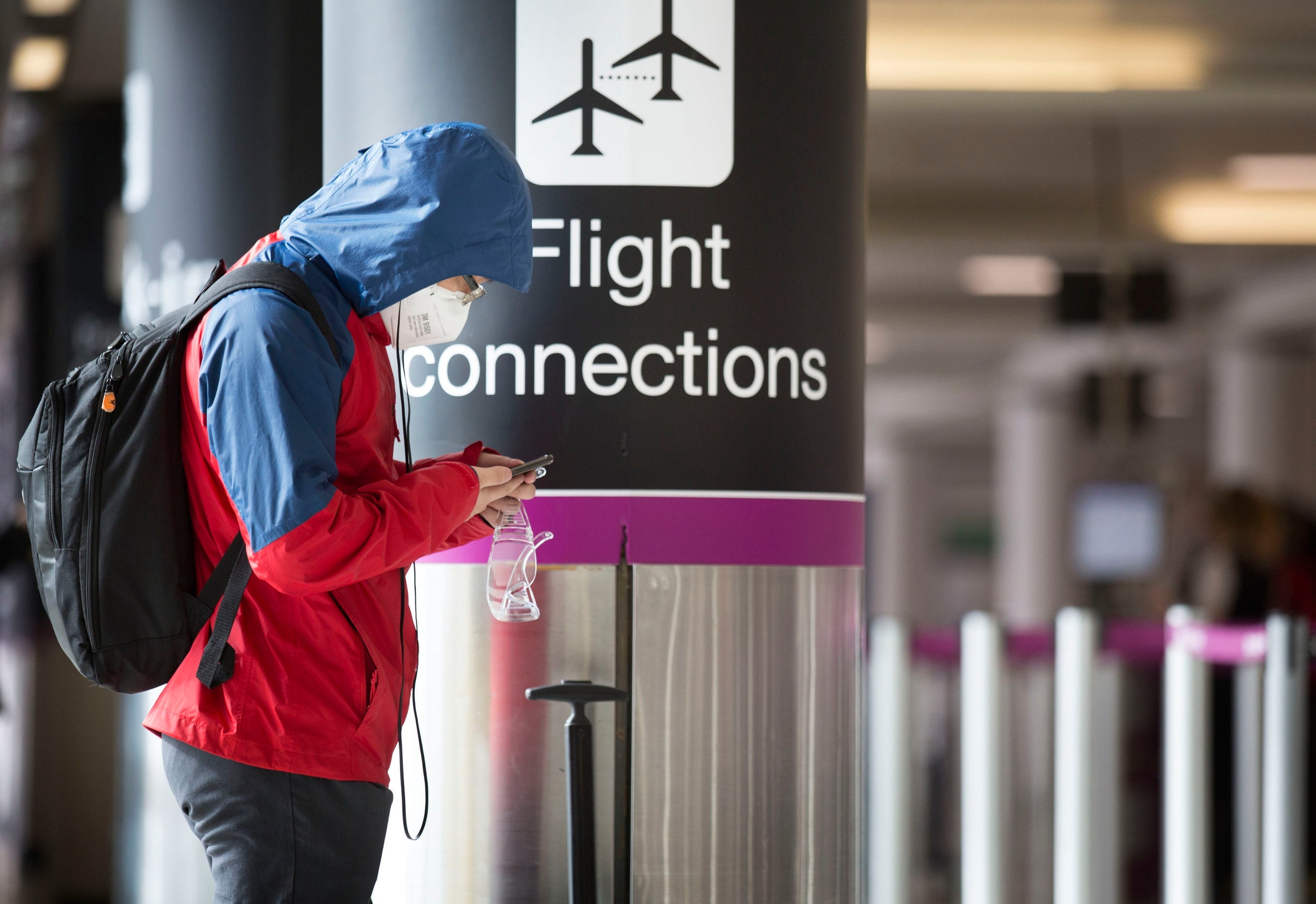80,000 EU citizens stranded abroad from coronavirus travel shutdown
European Commission advises stuck passengers to make contact with their national consulate

An estimated 80,000 EU citizens around the world are stranded abroad waiting to get back into Europe amid a travel shut-down from the coronavirus outbreak, officials have estimated.
EU leaders last night agreed to close the bloc's borders for 30 days to all but non-essential travel, in a bid to slow and contain the spread of COVID-19.
Though EU citizens returning home are exempt from the border restrictions, the cancellation of international flights, trains and ferries by countries in Europe as well as is neighbours has left tens of thousands stranded.
"From the member states, from what they have registered, the number we are working with now, an aggregated number from all the member states, is approximately 80,000 outside the EU," a spokesperson for the European Commission said.
He added that there were also "many citizens inside the EU who also want to return to their countries" – some of which have imposed border restrictions on each other.
The European Commission's proposals for a closed external border to Europe were in part justified on the basis that it would encourage member states to lift restrictions on each other.
Another spokesperson added that the exact number of EU nationals waiting to return was difficult to estimate, stating: "It's not an easy issue to tackle, tracking every single European at a given point in any of the third countries ... people need to help us in terms of identifying themselves to their consulates ... in order for their national authorities, to be able to have an idea of the repatriation effort that might be required."
Under international conventions it would be illegal for a country to refuse entry to its own nationals.
Countries such as Morocco, which is popular with European visitors, have imposed total shutdowns on commercial passenger aviation and shipping.
Britain is facing a decision on whether to take part in the EU's coronavirus travel ban. The Commission has said its restrictions will not apply to UK citizens, though France's prime minister hinted on Tuesday that it could impose its own bar on UK nationals if Britain did not implement stricter polices to combat the virus.
The Foreign Office warned the public to avoid all but essential travel – though the UK has not imposed a ban or restricted incoming travellers.
Charles Michel, the European Council president said on Tuesday night following a videoconference of EU27 heads of government and state: "To limit the spread of the virus globally we agreed to reinforced our external borders by applying a coordinated temporary restriction of non-essential travel to the EU for a period of 30 days based on the approach proposed by the Commission."
Join our commenting forum
Join thought-provoking conversations, follow other Independent readers and see their replies
Comments
Bookmark popover
Removed from bookmarks